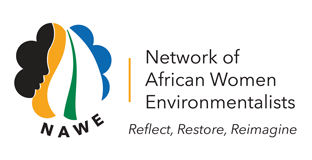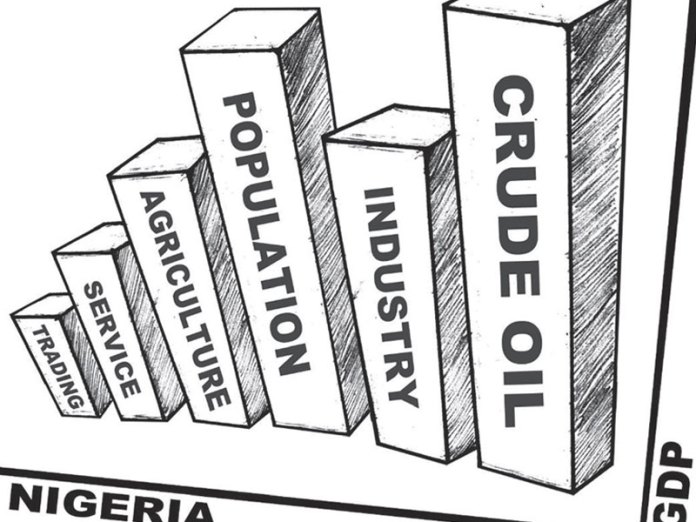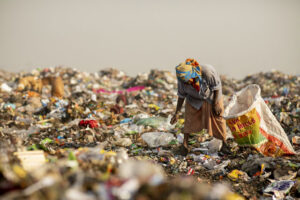Rethinking the Road to Diversification
Where do all the old stuff and waste we generate go? From the package boxes, used cloths, e-wastes, used water bottles and can, medical waste, worn-out vehicle parts, food waste, and so on, without a doubt, they all end up in one of the dumpsites due to the persistent linear economic model in the country. Unfortunately, the current economic model involves “take, make, use and dispose of” which makes many of these used items end up in landfills and waste sites across the country. For a long time, our economy in Nigeria has been ‘linear’. This means that raw materials are used to make products, and after the life spans, it becomes waste and all thrown away.
In fact the largest open waste site in Africa is situated in Nigeria, in Olusosun, Ojota, Lagos State according to findings. Furthermore, with Nigeria’s growing estimated 206 million population the level and magnitude of waste generated annually are projected to go on the increase. However, considering no proper waste management system in the country, this is a cause for concern. It can be said that over 90% of waste is linearly handled annually in Nigeria. Empirical evidence supports this assertion, that most of the waste is indiscriminately dumped or burnt. Additionally, in the country, waste is considered to have no significant economic value, and this is the reason for the dumping and burning – which eventually pollutes, like the burning of heavy metals and toxic chemicals which affect the quality of air, water, and soil.
Agreeably, raw materials are largely from the earth, businesses, particularly manufacturing companies use these to make products and sell to consumers. However, once these products have reached the end of their useful life span, they are disposed of. This is referred to as a linear economy and that is significantly the current model in the country. Consequently, this pushes waste and waste management to the forefront of environmental challenges in the country. Especially with medical waste, which includes the novel coronavirus pandemic (COVID-19) wastes.
COVID-19 has had a serious impact on all parts of our society, and waste management is no exception. The already limited capacity of waste management in the country is further affected by COVID-19 waste which requires additional careful consideration and operation. Therefore, indiscriminate disposal of this form of healthcare waste could be harmful to sanitation, and serious public health consequences. More so the impact of COVID-19 has made thinking about the socio-economic and environmental future more important than ever, especially in the area of sustainability.
From context observation, a waste problem exists in the country and is prevalent, and this could fuel health risk and a further increase in the poor quality of the air and pollution in the country. This is a disturbing trend, and this instigated this piece. Since the linear economy principle is still dominant in the production and consumption model across the country, there is a need for advocacy to effect a change in the orientation. Because, it is only reasonable to imbibe proper management and control of wastes- organic, e-waste, health, industrial, agricultural and food, vehicle parts among others in the country. This should be seen as a priority and an avenue to create wealth, economic development, and an improved environment. Read more…








